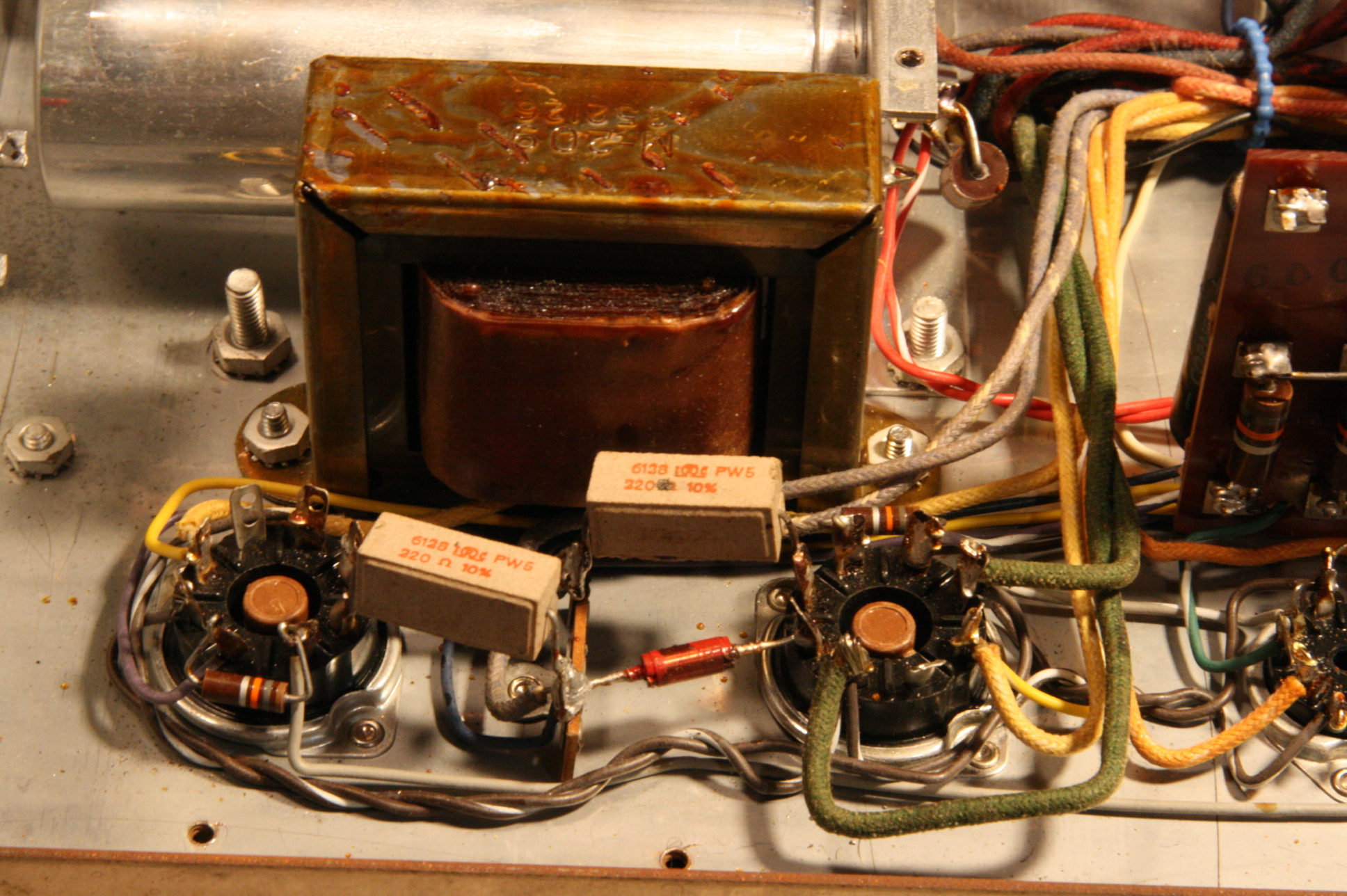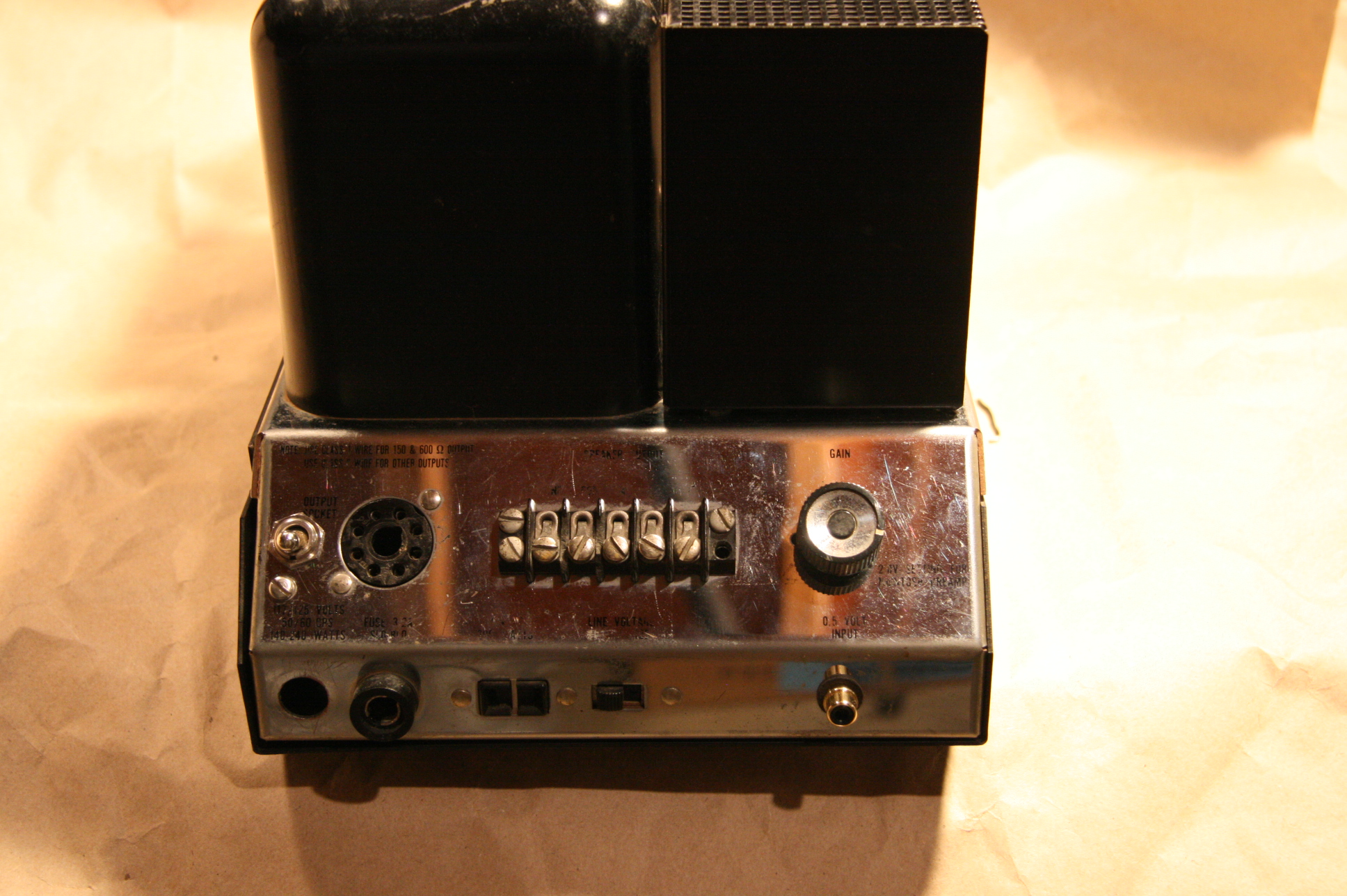by Kevin OBrien and Mike OBrien on 03/28/2011
YFS MODIFIED MCINTOSH MC75 MONOBLOCKS
We had a chance here at YFS to modify a circa 1960's vintage set of McIntosh MC75 monoblocks. YES! These are truly classic amps that have that classic McIntosh sound that we tube-lovers really enjoy. When folks talk about a reference set of amps I believe these are it. Of course you can spend a lot more and find some really nice monoblocks out there but why would you?
OK, if you couldn't tell we are a bit biased towards McIntosh Labs but why wouldn't we be? Their gear sounds great!
So here's what we did to the MC75's that really got them sounding GREAT:
The original power supply in the MC75 in the 1960's was unique for its time in it's use of a voltage doubler. In stock form the power supply has been known to break into motor boating as the B+ filter capacitors deteriorate. On the other hand, many MC75's are still operating today with no issues. To maintain physical layout, we chose to reform the original electrolytic capacitors since the original units had relatively low leakage. The second step was to replace the entire power supply with modern design using Panasonic TSHC series electrolytics and ultra fast recovery rectifiers. As it turned out, the sound was outstanding with the original components so we went no further. 

At YFS we understand that the MC75 is a pure classic but can be taken to the next level with modern components and matched vacuum tubes. Basic electronic components have come a long way in 40+ years so it makes sense that an inherently sound topology can be improved by simple component substitution.
No modifications were made to component values or the basic topology. We loaded the MC75 with matched Sylvania NOS 6550 output tubes and matched section (transconductance matched to 5%) NOS GE twin triodes (12AU7,12BH7, and12AZ7). We also added a power switch, replaced the stock power cord, increased bias supply capacitance, replaced all signal capacitors with modern polypropylenes, and substituted metal film resistors in critical places to reduce noise. We also replaced the speaker output terminal strips and the RCA input jack.
Needless to say, these amps are killer classics that sound amazing and look even cooler!
ENOUGH SAID!
-KOB, MOB



